10 Tips for Managing Group Chats Effectively
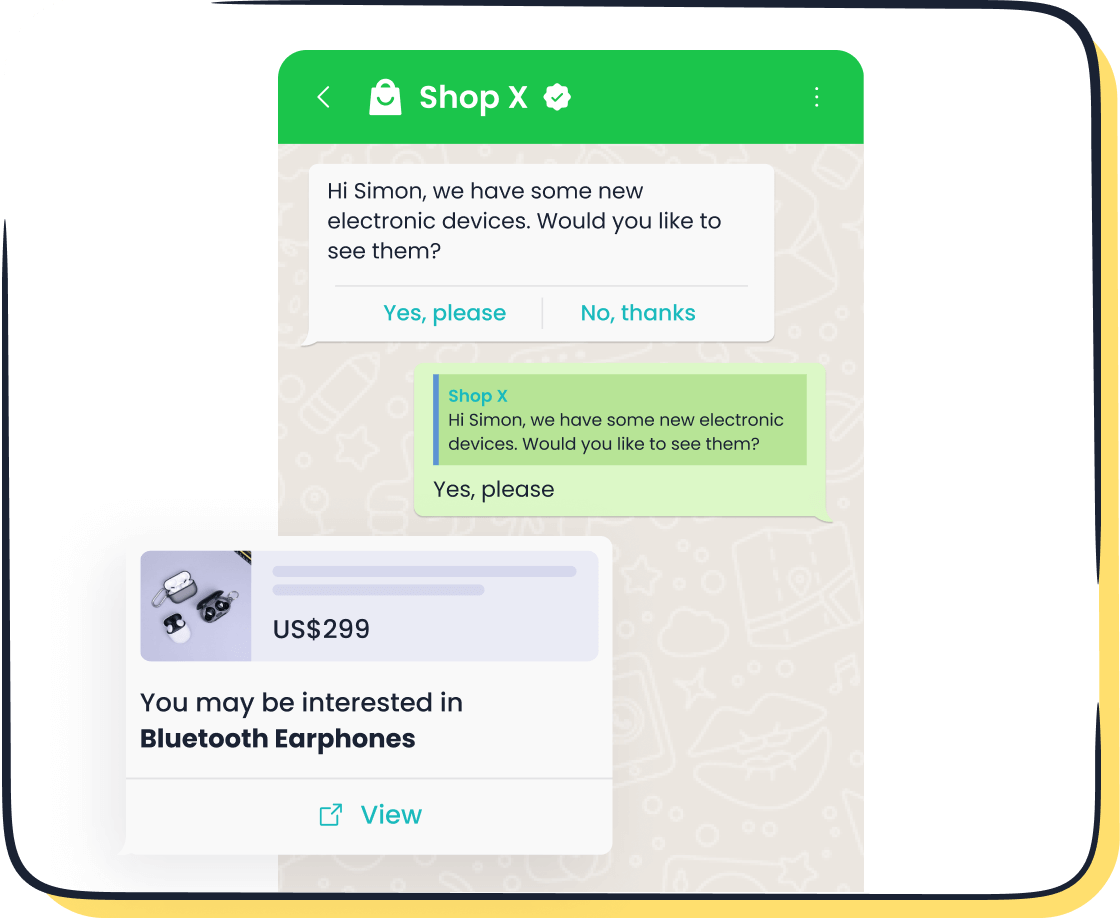
Managing a group chat can feel like juggling too many balls at once. You’ve probably faced issues like unclear communication, off-topic discussions, or even misunderstandings. In professional settings, balancing public and private responses or maintaining boundaries adds another layer of complexity. But when done right, group chats can boost collaboration, engagement, and active communication.
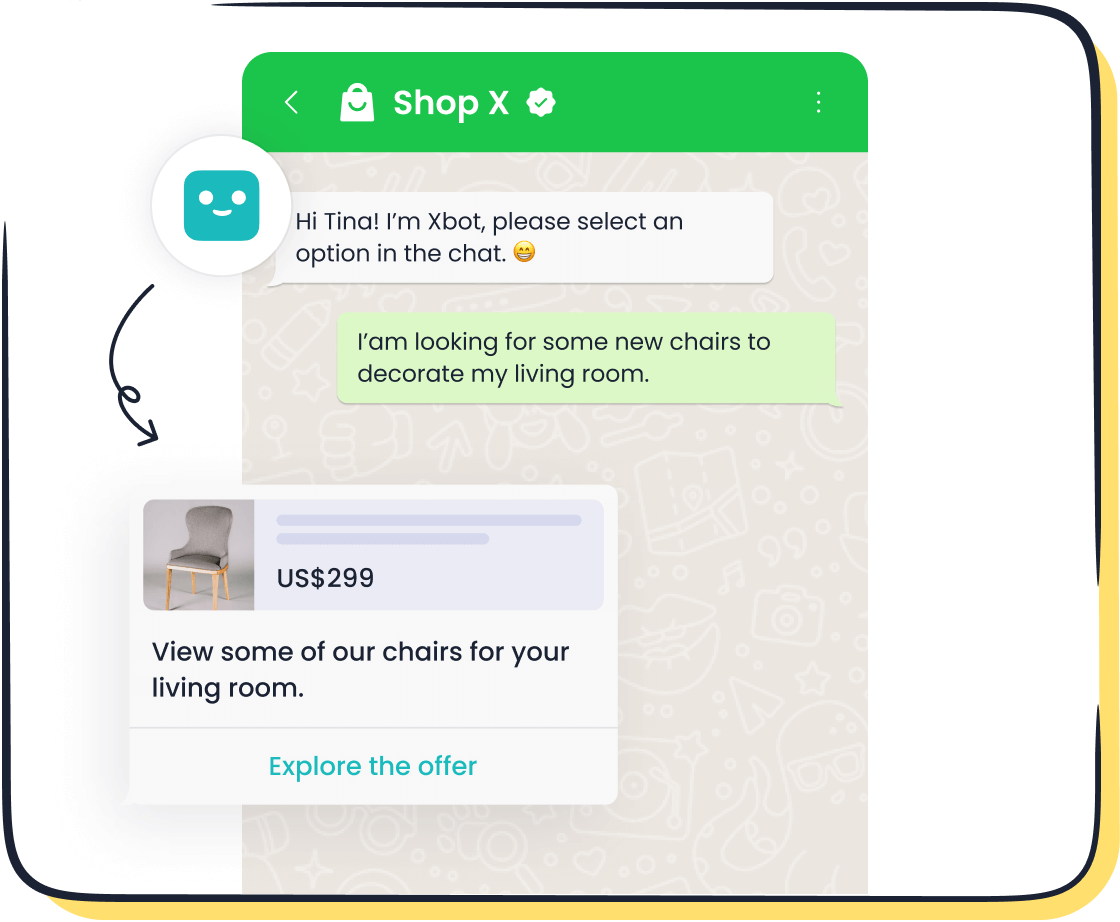
That’s where Sobot steps in. With tools like its WhatsApp Business API, Sobot helps you streamline group chats, automate workflows, and keep conversations organized. Whether you’re managing a team or staying connected with friends, Sobot’s innovative solutions make communication effortless.
Establish Clear Group Chat Guidelines
Managing a group chat without clear guidelines can quickly turn chaotic. To keep things running smoothly, you need to set the foundation right from the start. Here’s how you can establish guidelines that encourage collaboration and engagement.
Define the Purpose and Goals of the Group
Every group chat needs a purpose. Is it for brainstorming ideas, sharing updates, or casual conversations? Defining this upfront helps everyone stay on the same page. For example, if your group is for project management, make it clear that discussions should focus on tasks, deadlines, and progress. This clarity ensures that members know what to expect and how to contribute effectively.
Set Rules for Communication and Participation
Rules might sound strict, but they’re essential for maintaining order. Start by outlining acceptable behavior and communication styles. For instance, encourage members to keep messages concise and avoid spamming the chat. You can also promote active participation by asking open-ended questions or acknowledging contributions. Here are some best practices for group text communication:
- Set clear guidelines and expectations to create a respectful environment.
- Encourage active participation by prompting members to share their thoughts.
- Facilitate meaningful conversations by keeping discussions on-topic.
- Recognize and reward engagement to motivate members.
- Use interactive features like polls or quizzes to make chats dynamic.
These strategies to optimize group text dynamics can transform your chat into a productive space.
Share Guidelines with Members Using Tools like Sobot's WhatsApp API
Once you’ve established guidelines, share them with the group. Tools like Sobot’s WhatsApp Business API make this process seamless. You can broadcast messages to all members, ensuring everyone gets the same information. Plus, features like workflow automation and smart chat routing help you enforce community guidelines effortlessly. By leveraging these tools, you can keep your group chat organized and focused.
Choose a Relevant and Descriptive Group Name
Choosing the right name for your group chat might seem trivial, but it’s actually a game-changer. A well-thought-out name sets the tone and purpose of the group, making it easier for members to stay aligned and engaged.
Reflect the Group’s Purpose in the Name
Your group name should act as a quick summary of its purpose. For example, if you’re managing a project team, names like “Marketing Campaign 2023” or “Product Launch Squad” instantly tell members what to expect. A descriptive name eliminates confusion and helps everyone stay focused.
Think about this: A study by Slack found that clear communication boosts team productivity by 25%. A relevant group name is the first step toward achieving that clarity. Tools like Sobot’s WhatsApp Business API can help you rename groups effortlessly and even automate updates when the group’s purpose evolves. This ensures your chat stays relevant and organized.
Avoid Generic or Confusing Names for Better Identification
Generic names like “Team Chat” or “Work Group” don’t cut it. They’re vague and can lead to mix-ups, especially if you’re part of multiple chats. Instead, go for something unique and specific. For instance, “Q3 Sales Strategy” is far more effective than “Sales Team.”
Confusing names can also slow down communication. Imagine scrolling through dozens of chats trying to find the right one. With Sobot’s WhatsApp API, you can streamline this process by tagging groups or pinning important ones for quick access. This feature saves time and keeps your workflow smooth.
Pro Tip: Use emojis in your group name to make it stand out. For example, “📈 Growth Hackers” or “🎨 Design Hub” adds a fun, visual element while keeping things professional.
By choosing a descriptive and purposeful name, you set the stage for a more productive and engaging group chat experience.
Keep Messages Concise and On-Topic
Group chats thrive on clarity and focus. When messages are too long or stray off-topic, they can derail meaningful conversations and frustrate members. By keeping your messages concise and relevant, you create a space where collaboration and engagement flourish.
Use Bullet Points or Lists for Clarity
Long paragraphs in a group chat can overwhelm readers. Instead, break down your points into bite-sized chunks using bullet points or lists. This approach makes your message easier to read and understand. For example, if you're sharing project updates, try this format:
- Task completed: Finalized the marketing plan.
- Next steps: Schedule a team review meeting.
- Deadline: Submit feedback by Friday.
This structure ensures everyone gets the information they need without wading through unnecessary details. Tools like Sobot's WhatsApp Business API can help you format messages efficiently. Features like workflow automation allow you to send structured updates to your group, saving time and keeping everyone aligned.
Avoid Overloading the Chat with Unnecessary Information
Flooding a group chat with irrelevant details can dilute its purpose. Stick to the essentials to maintain focus and encourage meaningful conversations. For instance, instead of sharing a lengthy explanation, summarize your point in one or two sentences. If additional context is needed, provide a link or attach a document.
Here’s a quick tip: Before hitting send, ask yourself, “Does this message add value to the discussion?” If not, consider revising it. Sobot’s WhatsApp API can assist by enabling you to pin important messages or share files directly, ensuring your group stays organized and on-topic.
By following these best practices, you’ll not only keep messages concise but also foster a productive environment for your group chat. Clear communication leads to better collaboration and stronger engagement among members.
Use Notifications Strategically
Notifications can be a double-edged sword. They keep you informed but can also disrupt your focus. To manage group chats effectively, you need to use notifications strategically. This ensures you stay updated without feeling overwhelmed.
Mute Non-Urgent Groups to Reduce Distractions
Not every group chat requires your immediate attention. Mute non-urgent groups to minimize interruptions during work or personal time. For example, if you’re part of a casual chat for weekend plans, muting it during work hours can help you focus on more pressing tasks. Most messaging platforms, including WhatsApp, allow you to mute notifications for specific groups.
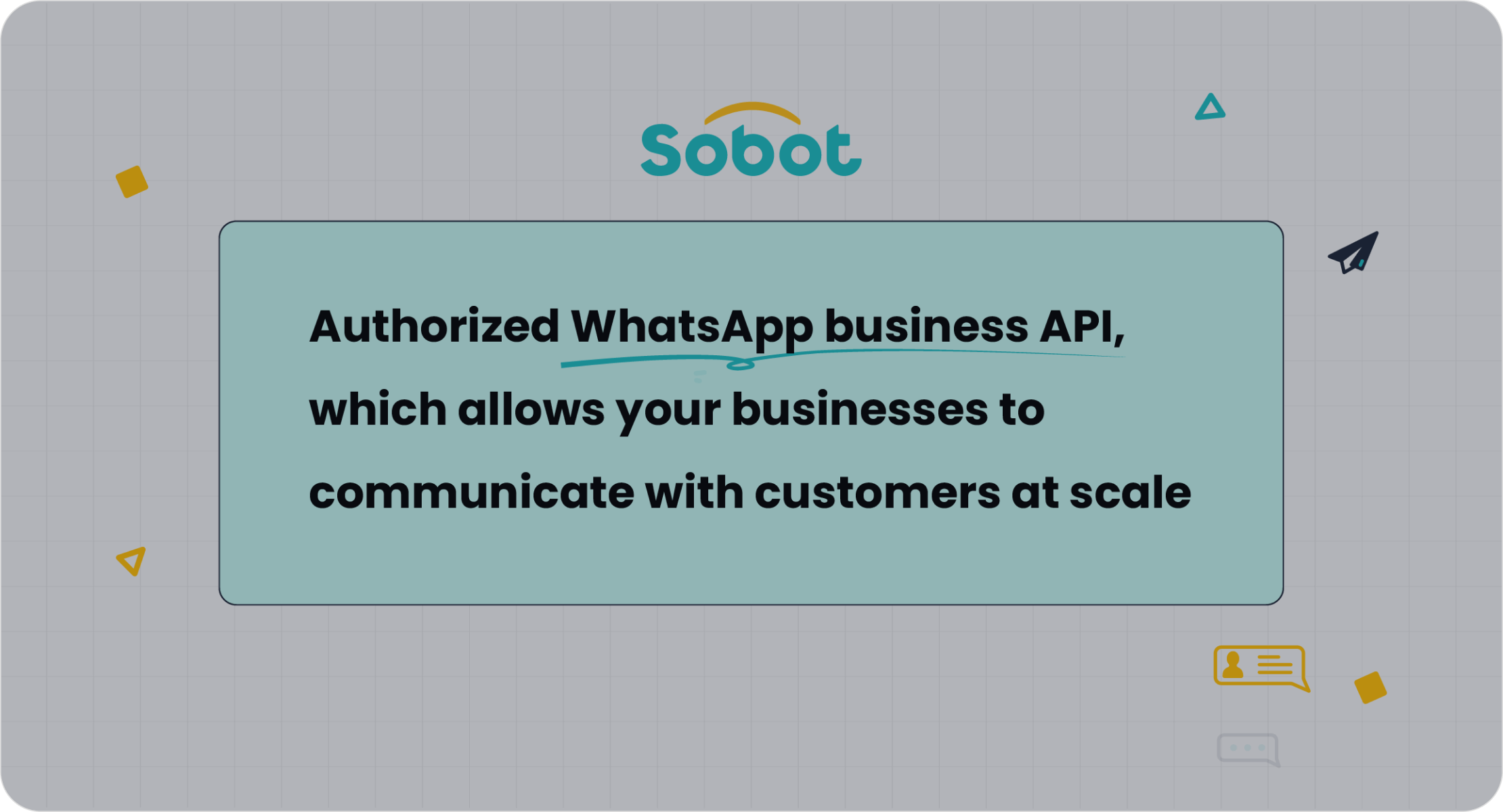
Sobot’s WhatsApp Business API takes this a step further. It lets you automate notifications based on priority. For instance, you can set up alerts for critical updates while muting less important ones. This feature helps you maintain a balance between staying informed and avoiding distractions.
Quick Tip: Double-check who you’re messaging before sending. This ensures the right audience receives your updates.
Use Mentions (@) to Direct Attention to Important Messages
When you need someone’s input or want to highlight a key point, use mentions (@). This feature tags specific members, ensuring they see your message. For example, if you’re finalizing a project deadline, tagging the team lead ensures they don’t miss it.
Mentions are especially useful in large groups where messages can get buried. Tools like Sobot’s WhatsApp API make this even easier by allowing you to automate mentions for recurring updates. This ensures the right people stay in the loop without manual effort.
Pro Tip: Keep messages concise and avoid overusing mentions. This maintains professionalism and keeps the chat organized.
By muting non-urgent groups and using mentions effectively, you can use notifications strategically to enhance communication without overwhelming yourself or others.
Boost Group Chat Engagement with Active Participation
Creating a lively and interactive group chat requires more than just setting rules. Active participation is the secret ingredient to fostering a sense of community and keeping members engaged. Let’s explore how you can spark meaningful conversations and make everyone feel valued.
Encourage Open-Ended Questions to Spark Discussions
Open-ended questions are a fantastic way to ignite discussions and encourage active participation. They invite members to share their thoughts, leading to richer conversations. For example, instead of asking, “Did you like the meeting?” try, “What steps could enhance our meeting’s effectiveness?” This approach not only boosts group chat engagement but also helps uncover valuable insights.
Here are some other examples of open-ended questions you can use:
- How can we make our meetings more engaging and productive?
- What suggestions do you have for improving team collaboration?
- How would a flexible work schedule impact your work-life balance?
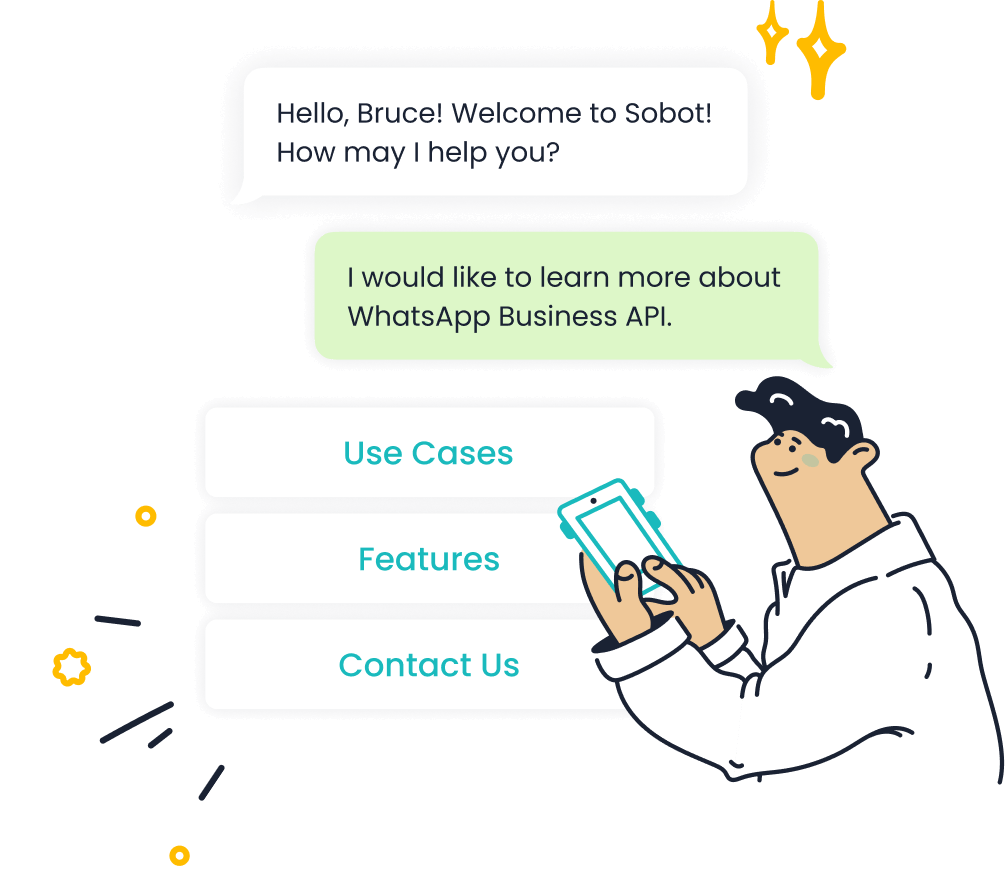
These questions create opportunities for members to express their opinions, making them feel heard and appreciated. Tools like Sobot’s WhatsApp Business API can help you automate these prompts, ensuring consistent engagement without extra effort.
Pro Tip: Use polls or surveys alongside open-ended questions to gather diverse feedback quickly.
Recognize and Appreciate Member Contributions
Acknowledging contributions is a simple yet powerful way to encourage active participation. When members feel valued, they’re more likely to stay engaged. A quick “Great idea, Sarah!” or “Thanks for sharing, John!” can go a long way in building a sense of community.
You can also take it a step further by implementing gamification elements. For instance, introduce leaderboards or rewards for members who actively participate. This not only motivates engagement but also adds a fun, competitive edge to the group chat. According to a study by TalentLMS, 89% of employees feel more productive when gamification is part of their work environment.
Sobot’s WhatsApp Business API can simplify this process. Use its broadcast feature to announce top contributors or share exclusive offers with active members. These small gestures can significantly boost group chat engagement and make your chat a vibrant, collaborative space.
Quick Tip: Celebrate milestones, like completing a project or reaching a group goal, to keep the momentum going.
Leverage Group Chat Features for Better Organization
Group chats can get messy, especially in large group chats where messages pile up quickly. To keep things organized, you need to take advantage of built-in features that simplify communication and make important information easy to find.
Pin Important Messages for Easy Access
Pinned messages are a lifesaver in large group chats. They let you highlight key updates, ensuring everyone can find them without scrolling endlessly. For example, you can pin meeting links, deadlines, or community guidelines. This keeps the group aligned and reduces repetitive questions like, “What time is the meeting again?”
Here’s why pinning messages works so well:
- It boosts engagement by keeping critical updates front and center.
- It improves the user experience, making it easier to reference essential details.
- It simplifies onboarding by spotlighting FAQs or tutorials for new members.
Imagine managing a team project. Instead of repeating instructions, you can pin a message with the task breakdown. Everyone stays on track, and you save time. Tools like Sobot’s WhatsApp Business API make this even better by allowing you to pin messages across multiple devices seamlessly. This feature is especially helpful in large group chats where clarity is key.
Pro Tip: Regularly update pinned messages to keep them relevant and useful.
Use Sobot's WhatsApp API for Workflow Automation and File Sharing
Managing large group chats often involves juggling tasks, files, and updates. Sobot’s WhatsApp Business API simplifies this by automating workflows and streamlining file sharing. You can send bulk updates, share documents, or even automate reminders—all without leaving the chat.
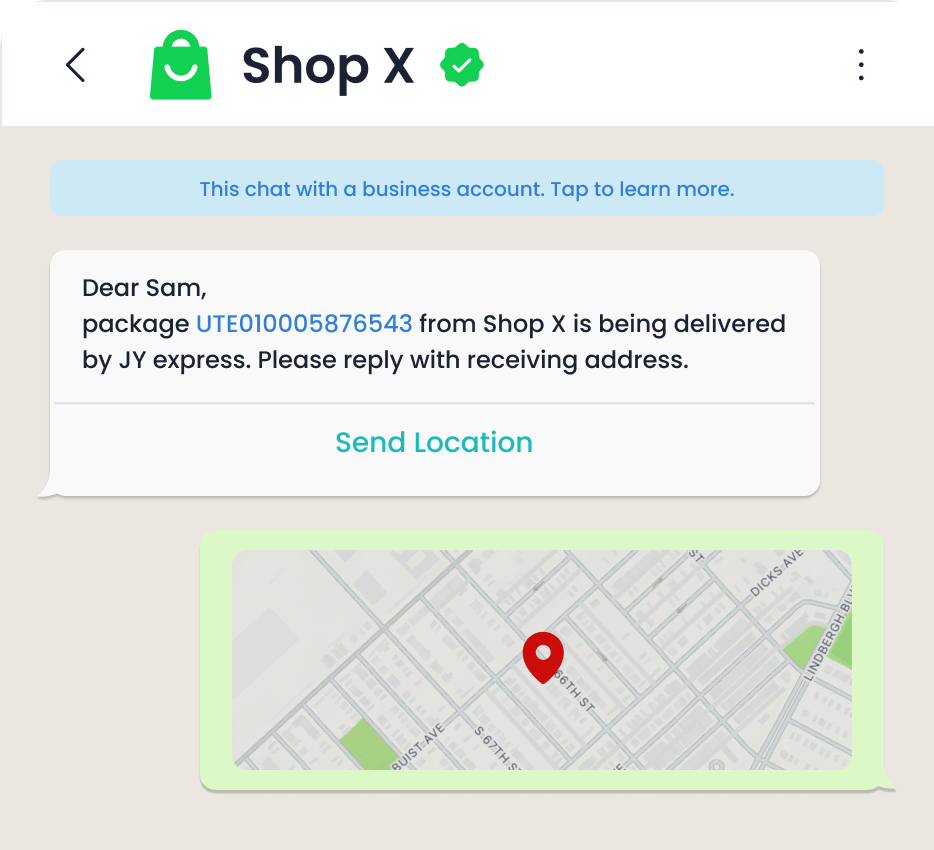
For instance, if you’re coordinating a product launch, you can use the API to schedule updates about milestones or share marketing assets with the team. The drag-and-drop feature makes organizing files a breeze, while smart routing ensures messages reach the right people. These tools save time and keep your group chat running smoothly.
Custom group categories also help you stay organized. You can create groups like “Marketing” or “Customer Support” and move chats between them as needed. This flexibility is perfect for large group chats where managing multiple conversations can feel overwhelming.
By leveraging these features, you turn your group chat into a well-oiled machine, boosting productivity and collaboration.
Avoid Sharing Sensitive or Confidential Information
Group chats are convenient, but they’re not always the safest place for private discussions. Whether you’re managing a team or chatting with friends, it’s crucial to avoid sending sensitive information that could fall into the wrong hands. Here’s how you can keep your conversations secure and respectful.
Use Secure Channels for Private Discussions
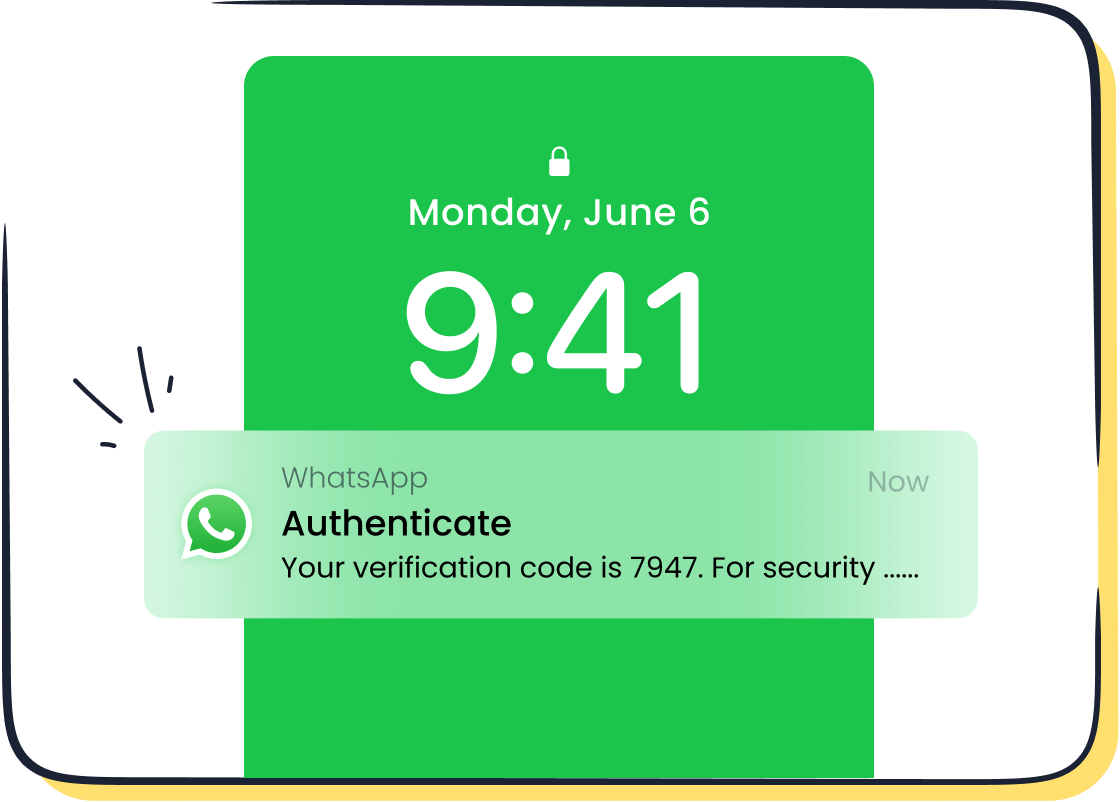
Not all group chats are built for confidentiality. If you need to discuss sensitive topics like financial details or personal data, switch to a secure channel. For example, encrypted platforms or direct messaging options provide better protection. Tools like Sobot’s WhatsApp Business API offer advanced security features, ensuring your conversations remain private. With its smart chat routing and encryption, you can confidently handle confidential matters without worrying about leaks.
Think about this: A study by IBM found that the average cost of a data breach in 2023 was $4.45 million. This highlights the importance of choosing the right platform for private discussions. By using secure tools, you protect both your team and your reputation.
Quick Tip: Always double-check the recipient before sharing sensitive files or messages.
Remind Members to Respect Privacy and Confidentiality
Maintaining trust in a group chat starts with setting clear expectations. Remind members to respect each other’s privacy and keep discussions within the group. Here’s a quick overview of some ground rules:
| Ground Rule | Purpose |
|---|---|
| Maintain Confidentiality | Protects the privacy of all participants. |
| Keep Discussions Within the Group | Maintains confidentiality and trust among members. |
You can also lead by example. Demonstrate respectful communication and validate each member’s input. For instance, acknowledging someone’s idea with a simple “Thanks for sharing!” fosters a sense of belonging. Encourage active listening, too. When members listen to understand rather than respond, it creates a more respectful environment.
Sobot’s WhatsApp API can help you enforce these rules effortlessly. Use its broadcast feature to share reminders or guidelines with the group. This ensures everyone stays aligned and aware of the importance of confidentiality.
Pro Tip: Regularly review group chat settings to ensure they align with your privacy needs.
Manage Conflicts and Misunderstandings Proactively
Conflicts and misunderstandings are inevitable in any group chat. However, how you handle them can make or break the group’s dynamic. By addressing issues quickly and setting a constructive tone, you can maintain a positive and collaborative environment.
Address Issues Quickly to Maintain a Positive Environment
When conflicts arise, don’t let them linger. Addressing issues promptly prevents them from escalating and keeps the group focused on its goals. For example, if two members disagree over a project deadline, step in to clarify the timeline and mediate the discussion. Quick action shows that you value harmony and respect everyone’s input.
Clear communication is key here. Articulate your thoughts in a way that’s easy to understand and avoids ambiguity. For instance, instead of saying, “We’ll figure it out later,” provide a specific solution like, “Let’s finalize the deadline by tomorrow.” Tools like Sobot’s WhatsApp Business API can help you streamline this process. Features like smart chat routing ensure that important messages reach the right people, reducing the chances of misunderstandings.
Tip: Encourage members to seek clarification when something isn’t clear. A simple “Can you explain further?” can resolve confusion before it turns into conflict.
Set a Constructive Tone for Discussions
The tone you set in a group chat influences how members interact. A constructive tone fosters collaboration and minimizes negativity. Start by practicing empathy—try to understand others’ perspectives before responding. For example, if someone expresses frustration, acknowledge their feelings with a response like, “I see where you’re coming from. Let’s find a solution together.”
Encourage open dialogue where everyone feels comfortable sharing their thoughts. This doesn’t mean tolerating disrespectful behavior. Remind members to be respectful in their communication. For instance, you could say, “Let’s keep the discussion focused and respectful so we can resolve this quickly.” Sobot’s WhatsApp API can support moderation by automating reminders about group guidelines, ensuring a respectful and productive environment.
Pro Tip: Use positive language to steer conversations in the right direction. Instead of saying, “That won’t work,” try, “What if we approach it this way?”
By addressing conflicts quickly and moderating group chats with a constructive tone, you create a space where collaboration thrives and misunderstandings are minimized.
Schedule Regular Check-Ins to Maintain Focus
Group chats can easily lose direction without regular check-ins. Scheduling these check-ins helps you keep the group focused and ensures everyone stays aligned on goals and updates. Let’s explore how polls, surveys, and structured discussions can make this process seamless.
Use Polls or Surveys to Gather Feedback Efficiently
Polls and surveys are quick and effective ways to gather feedback from your group. They encourage engagement by giving everyone a voice while saving time. Here are some examples of how you can use them:
- Surveys: Create structured surveys to collect detailed feedback on group activities or decisions.
- Polls: Run quick polls to get immediate responses on specific topics, like choosing a meeting time or deciding on a project name.
- Feedback Forms: Share forms where members can submit their thoughts, suggestions, or concerns anonymously.
For instance, if your team is brainstorming ideas for a new campaign, a poll can help narrow down options quickly. Tools like Sobot’s WhatsApp Business API make this even easier. You can automate polls or surveys and share them with the group in just a few clicks. This not only saves time but also ensures everyone’s input is considered.
Pro Tip: Use polls to break the ice in new groups. A fun question like “What’s your favorite productivity hack?” can spark conversations and build rapport.
Set a Time for Updates and Discussions
Consistency is key to keeping your group organized. Setting a specific time for updates and discussions ensures everyone knows when to check in. For example, you could schedule a weekly update every Monday morning to review progress and set priorities for the week. This structure keeps the group focused and minimizes unnecessary back-and-forth messages.
Sobot’s WhatsApp Business API can help you streamline this process. Use its workflow automation feature to send reminders or updates at scheduled times. For instance, you can automate a message like, “Reminder: Weekly check-in today at 10 AM. Please share your updates!” This keeps everyone on track without requiring constant manual effort.
Quick Tip: Rotate discussion times occasionally to accommodate different time zones or schedules. This ensures inclusivity and boosts engagement.
By using polls, surveys, and scheduled updates, you create a structured environment where everyone feels heard and valued. These strategies not only improve communication but also enhance the overall productivity of your group chat.
Periodically Review and Optimize the Group Chat
Group chats can become cluttered over time, making it harder to stay organized and productive. Regularly reviewing and optimizing your group chat ensures it remains a valuable tool for communication and collaboration. Let’s dive into two simple ways to keep your chat fresh and effective.
Archive Old Messages or Inactive Groups
Old messages and inactive groups can pile up, creating unnecessary clutter. Archiving them helps you focus on what’s current and relevant. For example, if your team has completed a project, archive the group chat to free up space and avoid confusion. Most messaging platforms, including WhatsApp, offer easy archiving options.
Sobot’s WhatsApp Business API takes this a step further by automating the process. You can set rules to archive chats after a specific period of inactivity. This feature is especially useful for businesses managing multiple groups. It keeps your workspace clean and ensures you only see active conversations.
Pro Tip: Before archiving, pin any important messages or export the chat history for future reference. This way, you won’t lose valuable information.
Reassess the Group’s Purpose and Membership
Over time, the purpose of a group chat can shift, or its members may no longer align with its goals. Periodically reassessing the group’s purpose and membership ensures it stays relevant. Ask yourself: Does this group still serve its original purpose? Are all members actively contributing?
For instance, if a group created for brainstorming has turned into a space for casual chats, it might be time to refocus or create a separate group for informal discussions. Tools like Sobot’s WhatsApp API make this process seamless. You can easily update group names, remove inactive members, or even broadcast messages to clarify the group’s objectives.
Quick Tip: Use polls to gather feedback from members about the group’s direction. This keeps everyone involved and ensures the group meets their needs.
By following these best practices, you’ll keep your group chat organized, purposeful, and engaging. Regular reviews not only improve communication but also enhance productivity for everyone involved.
Managing a group chat doesn’t have to be overwhelming. By following these 10 tips, you’ll create a space where every member feels valued and engagement thrives. Tools like Sobot’s WhatsApp Business API simplify this process, helping you stay organized and productive. Start implementing these strategies today for better communication and collaboration.
FAQ
How can I keep a group chat organized without constant monitoring?
Use tools like Sobot’s WhatsApp Business API to automate workflows, pin important messages, and schedule updates. These features help you maintain order effortlessly.
What’s the best way to boost engagement in a group chat?
Ask open-ended questions, recognize contributions, and use polls or surveys. Sobot’s WhatsApp API simplifies this by automating prompts and sharing feedback forms.
Can I manage multiple group chats effectively?
Yes! Categorize chats by purpose, mute non-urgent ones, and use Sobot’s smart chat routing to prioritize important conversations. This keeps your workflow smooth and efficient.
See Also
Effective Strategies for Managing Live Chat Representatives
Ten Ways to Enhance Customer Satisfaction via Live Chat
Essential Tips for Achieving Success in Depop Live Chat